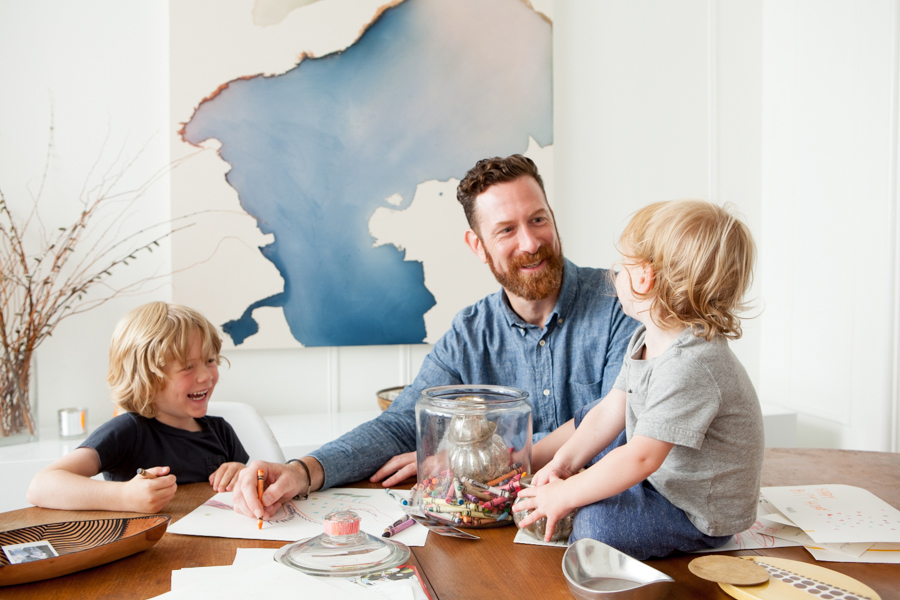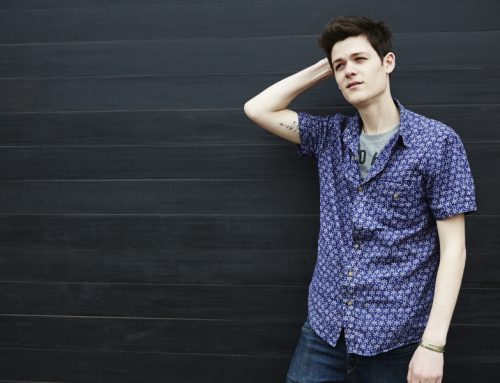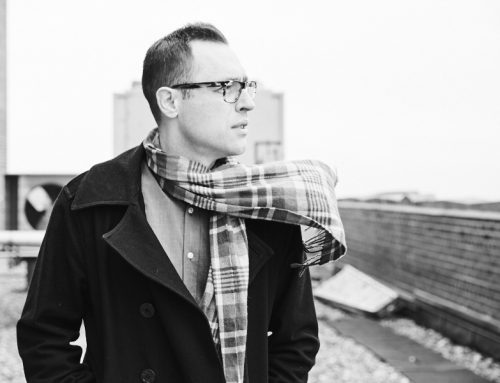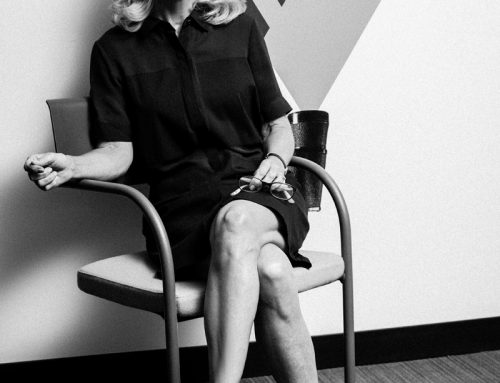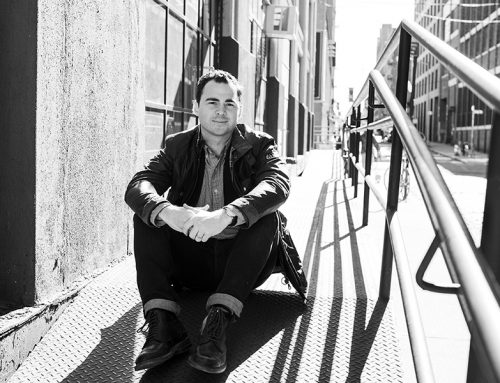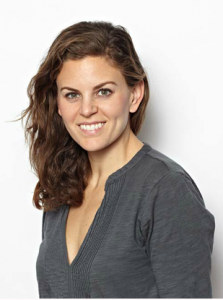Tell me a little bit about yourself, who you are, and where you are from.
Husband and father of 2 boys. Born in NY, raised in NJ, then California after college, SF, LA, Buenos Aires with my wife, then NYC since 2006. Growing roots in Brooklyn.
How do you describe yourself as a creative and the kind of work you do at HUSH?
My creativity has changed a lot over time. But there’s been a reasonably constant thread throughout. I’ve come to terms with who I am as a creative person and more so, the particular kind of value I bring to our company. I’m a somewhat odd combination of both creative and business minds. During my career, I’ve been able to wear these hats pretty fluidly, flipping from pure creative insight to the business / strategic side of things as needed. I think this has been my advantage – because in commercial creative endeavors, these two sides are inextricably linked. Understanding both can produce better work – and most of my day is spent helping our teams navigate the endless negotiation between the two, the boundless artistry and the often “bounded” business and strategic requirements.
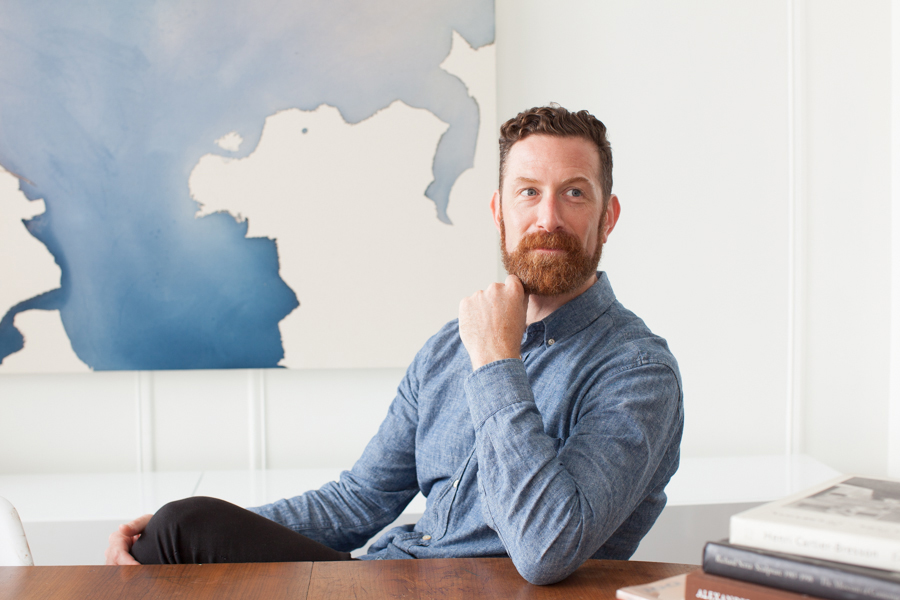
What does your job entail?
An hour ago, I watched a hummingbird flitter around our garden – never spending too much time in any single place, but covering the entirety of the area. My job is pretty much exactly like that.
How did you get to where you are today? What has been your career path?
I was always creative as a maker – always tinkering, drawing, photographing, throwing pottery and the like. But I wasn’t creative in the stereotypical sense. I played a ton of sports, hung out with jocks, but then would hunker down and draw by myself. I ski raced and played baseball in high school, then would disappear into the ceramics studio and throw pots for hours.
In many ways, I wish I was unapologetically creative from day one. But it took me a while to find my path. I studied Economics and Architecture in college, then moved to San Francisco jobless and uncertain after I graduated. I just got in my car and drove there. But I learned more in that first year than I learned in all the years before that, simply through exposure and experience. It was the dot-com boom and things were humming. I learned about industries I had never known existed, studied architectural design software, learned HTML and partied on the dime of a thousand start-ups.
I still wasn’t a designer, but I got a job at a design firm as a jr. producer. Being close to design was amazing, but also frustrating that I couldn’t actually bring to life my ideas effectively. I also didn’t understand Design in terms of processes, ideologies and references. But I taught myself a ton, hung out with the creative teams and immersed myself in everything I could get my hands on. After the world fell apart out there, and people fled as fast as the money that they once invested, I moved to LA to go to graduate school at Art Center College of Design.
I was blown away. I never worked harder in my entire life. I made connections, studied typography, film, product design, interactivity, environmental design and lived in the studio. I watched 300 films my first year. I developed my literacy in these new mediums, and this served me well – still does.
From there, the story is relatively quick. Art Center taught me design skills for sure, but also entrepreneurship and the ability to design my own future, not wait for something to come to me. I became a freelance designer, working between as many studios as possible between LA, SF, Chicago and New York. I moved to New York as an Art Director / Director with reasonable design and live action skills. Moreover, I had the ability to manage creative teams very successfully. I was batting way out of my league, but people believed I could get things done so they relied on me and I seized the opportunities.
However, I quickly grew impatient. I was working at successful design firms run by owners just several years older than I was. I was hungry and eager and ready to break out – and that’s when I met my partner at one of those firms. We worked together on a few projects, learned to trust each other, and were able to rally teams together. He had the technical proficiency and interests that I lacked, and together we were a pretty strong duo.
Three weeks later, we were sitting alone in our first studio share. Desks side by side. Monitors glowing. Business cards on the way. A simple website up. HUSH. It was an ode to keeping quiet, but doing amazing work. Soon the phone rang – our first client – and that was nearly 8 years ago.
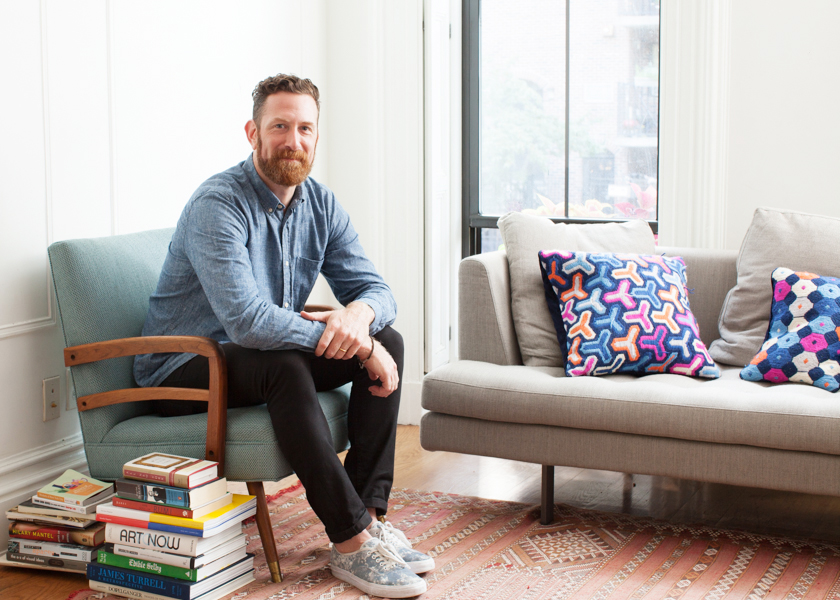
David Schwarz, co-founder and creative partner at HUSH in NYC, at home in Brooklyn.
What was your vision for founding HUSH?
The vision for the company was always rooted in Design. I use a capital “D” because this isn’t a trade, it’s a way of thinking, an ideology about how you look at the world. The practice of Design – of creating things that are crafted, meaningful, artistic and most of all, valuable – was always HUSH’s pursuit. But the medium within which we practice design has changed a lot since our inception. We began more in the production / advertising world, looking at designing campaigns with moving images, graphics, and narrative. Quickly, however, we saw opportunities to integrate design avenues that also leverage other passions, interests and ways of thinking for a broader creative output and deeper brand relationships. We soon integrated creative strategy, interactivity, architecture and technology as critical disciplines to offer our clients.
But this wasn’t just a process of adding skills; rather, we grew the company in an intentionally diverse way and this became the ethos that is center to everything we do – a Renaissance approach, a mixing of disciplines and processes, and the ability to push and pull ideas by approaching problems in unconventional ways.
To do this, we look for diverse minds who are willing to take a leap into unknown territory. We have a saying in the studio, which someone stole from Ray Bradbury: “Jump off the cliff and grow your wings on the way down.”
Was there anyone who had an influence your life and helped steer you along on your professional path?
A high school guidance counselor told my parents that I was “too broad” in my interests and that it would be a “real problem” for my education and professional success. Ironically, I’ve made a career out of that.
Richard Meier told me (in a class of fellow architecture students) that Architecture is a terrible profession and no one in their right mind would pursue it.
I guess these “wrong” recommendations are as powerful as any sage advice.
How has becoming a parent changed you and your work?
Creativity needs constraints.
And there is probably no greater constraint in the creative world than Time. It is that ever-present factor that can stifle or motivate, that can free you or shackle you. Sometimes, more time isn’t the answer and causes more inefficiency and a lack of focus.
There is no greater challenge for creative time than having a family – mostly because your priorities shift and the late nights in the studio disappear. I became incredibly focused, making decisions much more quickly. I started trusting my gut and shooting from the hip without overthinking problems. I found inspiration in the spaces between – a sliver of the early morning or a stolen gallery visit on the way to a client meeting.
I also began trusting my colleagues more. This has allowed our company to grow, as the option to do things myself late into the night basically disappeared. I had to delegate more. My talented coworkers relished in this responsibility and ran with the ball. Things are humming.
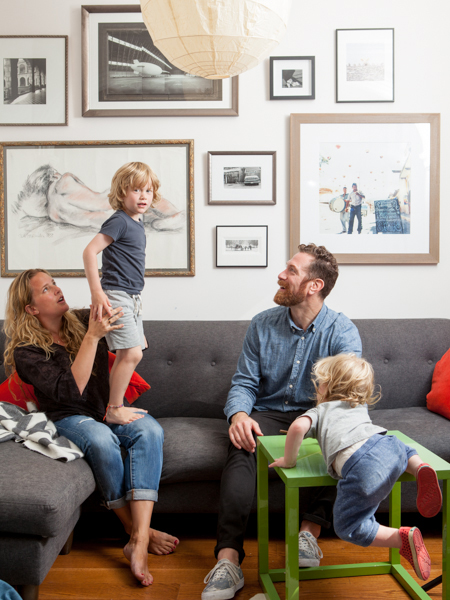
How have your kids influenced your creativity?
As a designer by trade, I’m compelled to see how things come to life from nothing – from a blank screen, or an unformed piece of material.
It’s pretty crazy to say, but that’s sort of what it is to procreate and bring a human being into this world. Instead of “something from nothing” it’s someone from nothing. But unlike being a designer, you have no control and any illusion of it is fleeting at best. You design by association – exposing your kids to things you think are valuable, positive and eye opening so they can form their own opinions.
Watching this process of learning and self-expression, of absorbing the world around them, processing and outputting their own reactions, is an amazing daily creative cycle. It’s so pure and so open – and there is nothing like it even for the most seasoned creative. The eyes of children are open wide, without preconception and barriers – and it’s pretty incredible to watch.
It’s a healthy reminder of how we all should see the world.
What is your creative process for conceptualizing and starting to work on a new project?
Research. Research. Research.
Design is about solving problems. That can be done with style or substance (ideally both) but everything in between is valid. In both cases, it’s imperative to understand the landscape – competition, relevance, nomenclature, etc. A lot of my process is about understanding the intent of our client, what they are looking to achieve and how they got to this moment in time. Are they looking to solve a particular problem or maybe express something unique and powerful to capture a certain moment in time?
To begin, our team is often focused on white papers, not design blogs. I can’t count how many times we’ve been reading some scientist’s white paper typed out in Courier New. It’s not sexy, but it’s critical. We’ve researched sustainability, acoustics, materials, fringe code languages, astronomy, animal behaviors, to name a few.
A design process that starts with learning, not pen to paper, means that we are supplied with the backstory to influence our work. Often, this isn’t in overt ways; rather it’s the subconscious mind that takes that learning and imbues our creative output with the right nuances. It also gives us a leg to stand on in an industry that is highly subjective and often imperfectly judged.
What are you currently working on at HUSH?
We’re in development of some new major flagship retail experiences, one for a well known consumer electronics company. We’re working on redesigning immersive experiences for a major sports/fitness brand for their key global doors. We’re also engaged in quite a bit of work around experiential sales centers for major new real estate projects in New York City known for their scale and artistry.
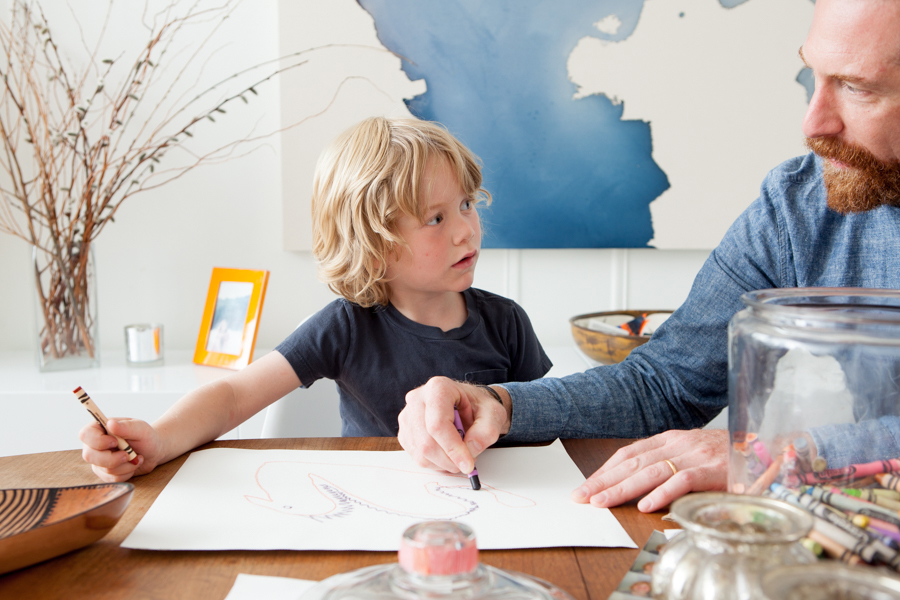
Where do you find inspiration?
Specific: James Turrell. After his massive exhibitions over the past couple of years, it’s a little cliché to cite his influences. But between his meditative, lifelong work, his awesome beard, and the fact that he’s spent a ton of time in a volcano, you can’t really argue.
Broad: Travel. Any time I get on a plane, even for a business meeting and not leisure, I look to explore and find some new things. Changing our environments and breaking routine is key to unlock your brain’s receptivity. You have to work to get inspiration. It’s not divine and its not handed to you on a silver platter. It takes effort and you have to create an open mind and an open canvas. Changing locations is a simple, but effective, trick.
What advice do you have for someone interested in working at your agency or starting their own?
Working at HUSH: Be ready to be challenged. Don’t expect the same thing from one day to the next. Be flexible. Be open. Be humble. Value the work, but don’t get precious – things change. Your ability to respond to change will mark your success. Ask questions every day, and don’t be shy. Show us your value and we’ll value you – we appreciate the pain it takes to create something from nothing and we’re with you the whole way. But be ready to do what you’ve never done before and if you want to go in new directions, we’re right there with you.
Starting your own agency: Say goodbye to your previous life as you know it.
What is the best advice you’ve ever received in general, or about how to be more creative?
“If it was easy, everyone would be doing it.”
To see more work from David Schwarz and HUSH, go to heyhush.com.

